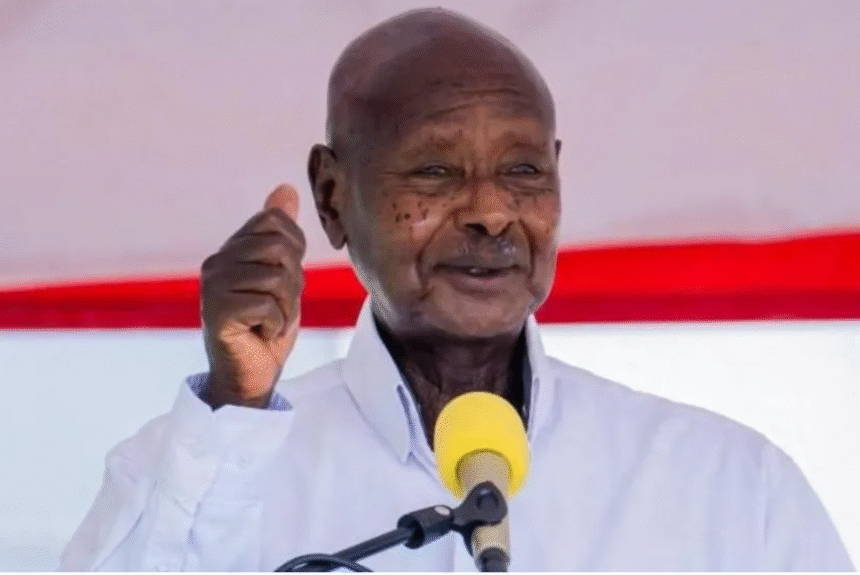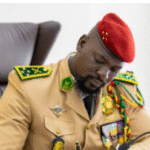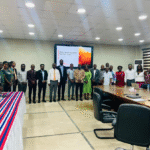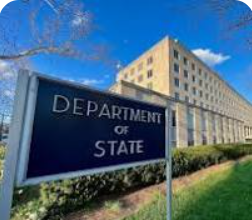By Simba Munyua
KAMPALA, Uganda – Uganda’s veteran leader, President Yoweri Museveni, 80, has been officially nominated by his ruling party to contest next year’s presidential election, setting the stage for him to potentially extend his nearly 40-year grip on power. Mr. Museveni stated his intention to pursue his mission of transforming Uganda into a “high middle-income country” if re-elected.
Addressing the National Resistance Movement (NRM) conference on Saturday, President Museveni accepted the nomination, asserting that he had responded to “the call.” He highlighted his achievements in bringing stability and progress to the East African nation since seizing power in 1986 as a rebel leader.
His vision for the next term, he said, includes steering Uganda towards a “high upper middle-income country,” drawing parallels with Asian nations that achieved economic transformation despite fewer natural resources. “Other countries in Asia with less natural resources, did it. We can do it,” he declared, emphasizing the importance of Uganda not “missing the bus of history as happened in the past when Europe transformed and Africa stagnated and was enslaved.”
However, Mr. Museveni’s bid comes amidst strong criticism from opponents who accuse him of ruling with an “iron hand” throughout his tenure. He has emerged victorious in every election held since 1986, a feat facilitated by two constitutional amendments that removed both age and term limits, paving the way for his extended stay in office.
The upcoming election, scheduled for January, is expected to see pop star-turned-politician Bobi Wine, whose real name is Robert Kyagulanyi, emerge as Mr. Museveni’s primary challenger. Mr. Wine, leader of the National Unity Platform (NUP), expressed in April that being in opposition in Uganda is becoming “tougher” due to growing state repression. “Being in the opposition in Uganda means being labelled a terrorist,” he told the BBC.
In the last election in 2021, Mr. Museveni secured 59% of the vote against Mr. Wine’s 35%, a poll that was widely marred by allegations of rigging and a severe crackdown on opposition figures.
Concerns about state repression extend to other prominent opposition figures. Kizza Besigye, a veteran politician, has been in detention since November after being accused of treason, allegations he vehemently denies, branding his arrest as politically motivated.
As Uganda approaches its next electoral cycle, the focus remains on the longevity of President Museveni’s rule and the challenges faced by those seeking political change in the nation.









